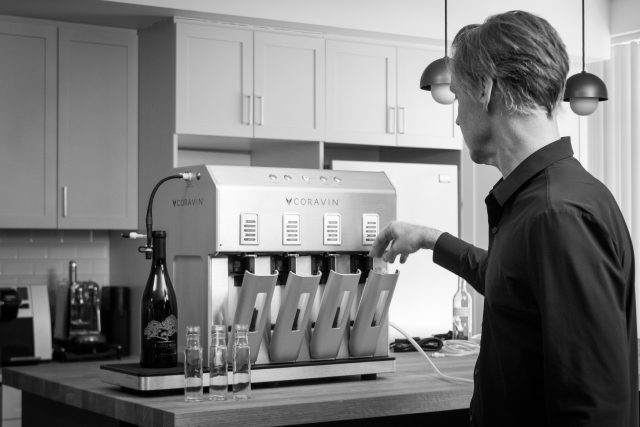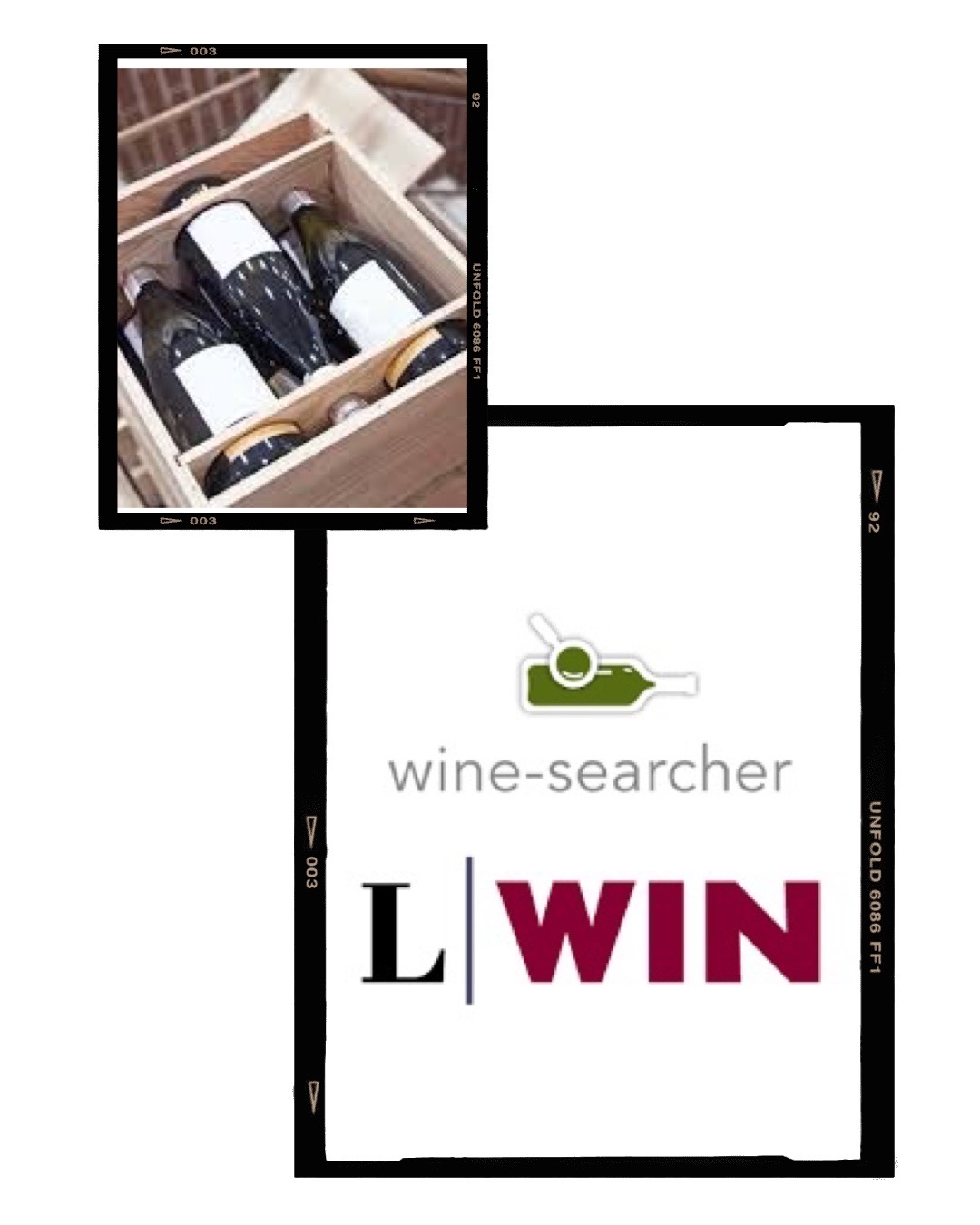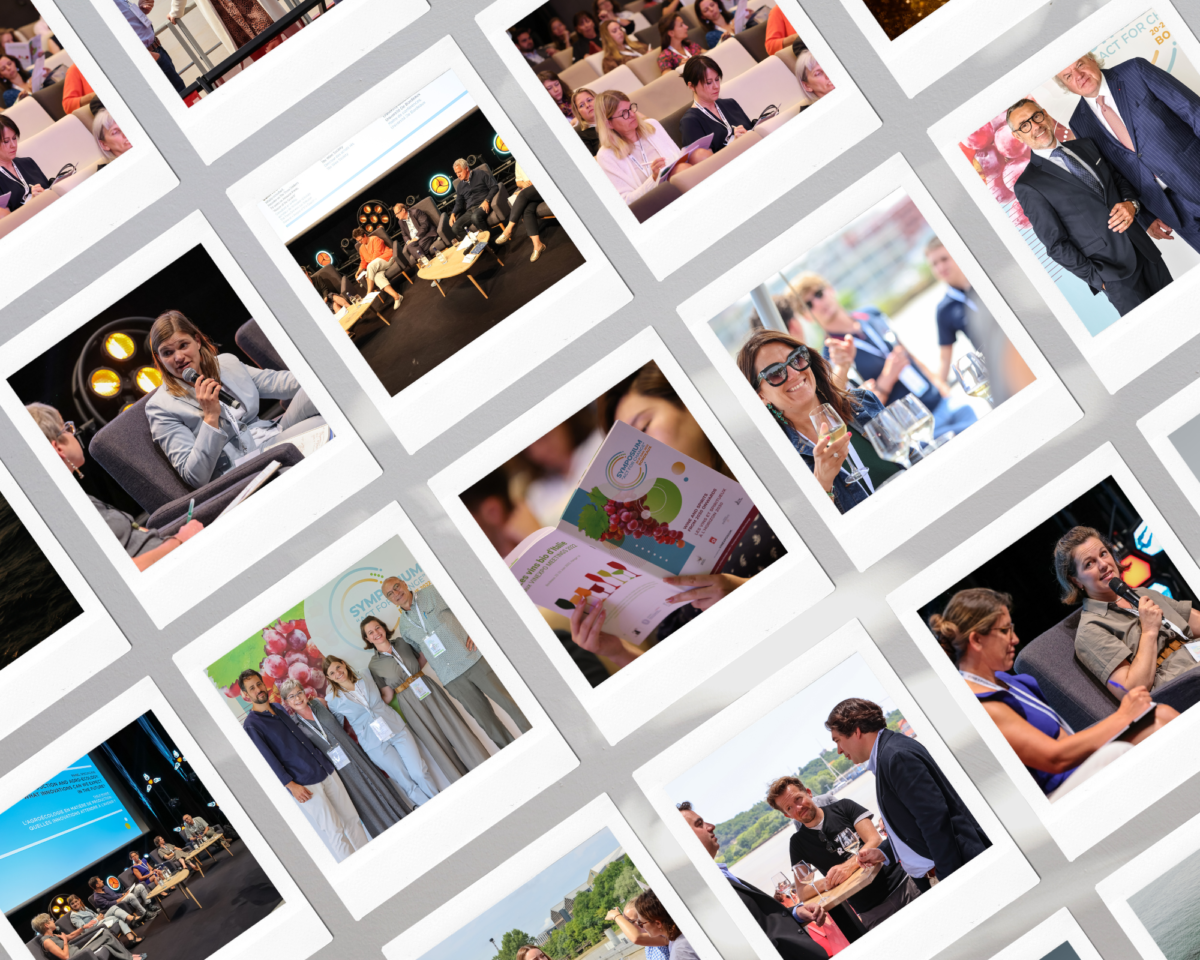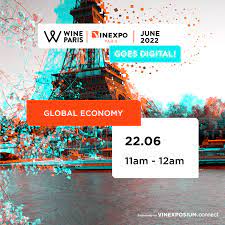Coravin, a global wine technology company, revolutionized the way wine is consumed 10 years ago with the launch of its preservation system that pours wine without removing the cork.
Coravin is now disrupting the category again with the launch of its next industry-changing device, Coravin Vinitas™, designed to help businesses share preserved tastings of wine with “try before you buy” while boosting interest in wine education.

Coravin Vinitas™ is a revolutionary small-footprint device that transfers wine into smaller consumables with up to 12 months of preservation.
“Until now, there has not been a scalable automated product that creates single-serve formats and maintains the quality of the wine inside for months, as opposed to weeks,” said Greg Lambrecht, Coravin founder and inventor. “With Coravin Vinitas™, companies, hospitality services, and trade can sample and fractionalize any bottle, any time, on-site, ensuring the highest quality experience for businesses and consumers, no more needlessly shipping full-size bottles where only a taste is needed.”
“During the early days of the pandemic, we spotted a gap in the market for this type of self-use fractionalization device that would allow our customers to send samples, preserved for months, to their trade customers and consumers,” said Chris Ladd, Coravin CEO. “Since then, we have continued to see the wine industry struggle to connect with a younger consumer audience who have far more options to choose from than previous generations. Coravin Vinitas™ addresses this need and is primed to change the way the world consumes wine.”
Coravin spent more than eighteen months building and testing the Coravin Vinitas™ with wineries, retailers, and wine schools around the world including Napa Valley Wine Academy, Langton’s, Ceretto, Château Montelena, ONX, Alkina, Stéphane Derenoncourt of Domaine de l’A, Château Haut Bailly, Tooth & Nail Wine Co., Benom, Clos Solene, Claudio Martins Wine Advisor, Justin Leone, and more.
To learn more CoravinVinitas.com.





